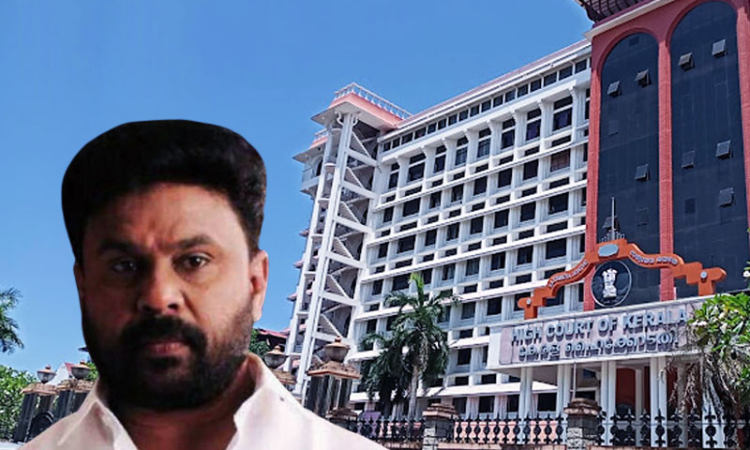Allegations Against Dileep Prima Facie Suggest Intention To Harm Police Officers : Kerala High Court
Hannah M Varghese
19 April 2022 7:52 PM IST

Next Story
19 April 2022 7:52 PM IST
The Kerala High Court on Tuesday dismissed the plea moved by Dileep to quash the FIR filed by the Crime Branch of Kerala Police against him and five others for conspiring to murder the investigation officials in the 2017 actor rape case, in which he is facing trial as the chief conspirator."..the reading of the allegations as a whole, prima facie, suggests an intention to cause physical...
